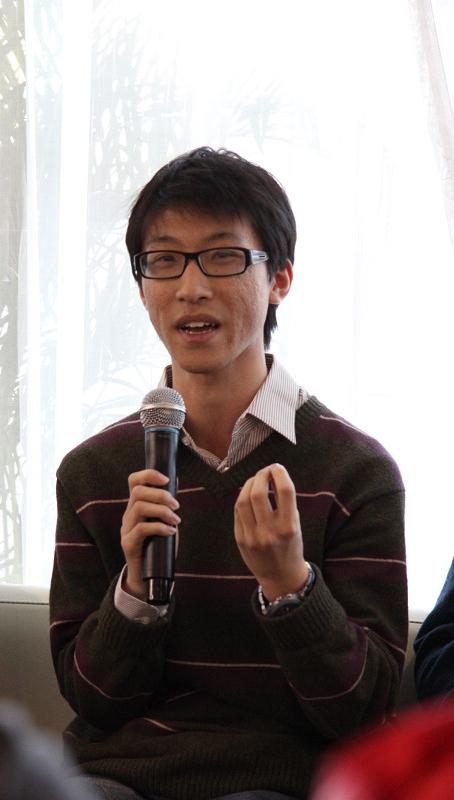
2025-26 Abstract:
Workers of the Socialist World: The Transnational Remaking of Chinese Workers’ Class Consciousness, circa 1980"
This project provides a transnational account of the crystallization of socialist workers’ class consciousness at a pivotal historical moment. Specifically, drawing upon a wide range of historical source materials, it documents how, in China’s early post-Mao era, Chinese workers’ understandings of who they were and what they were to demand were significantly shaped by the inspiration they drew from the Yugoslavian model of heterodox socialism as well as the Polish Solidarity movement. Not only did urban Chinese workers deploy these inspirations to frame their grievances and discontents in a new language, but their (not necessarily factually accurate) understanding of what happened in Yugoslavia and Poland emboldened them to rethink what their positions in society should be and what they are capable of demanding. In doing so, this project demonstrates how the making of class consciousness under actually existing socialism has an important transnational dimension that conventional, internalist approaches alone cannot capture.
Biography:
Yueran Zhang is an Assistant Professor of Sociology and the College at the University of Chicago. A political and comparative-historical sociologist, he specializes in the comparative studies of capitalism(s), socialism(s), and transitions in between, with a special emphasis on political economy and the dynamics of development in the Global South. He is particularly intrigued by questions pertaining to the politics of class, democracy, (de)mobilization, production and social reproduction. Yueran is currently turning his doctoral dissertation into a book manuscript, tentatively entitled “Whither Socialism? Workers’ Democracy and the Class Politics of China’s Post-Mao Transition to Capitalism”. This project provides a distinct class-based explanation of China’s transition from socialism to capitalism, arguing that the way in which urban industrial workers – ideologically and rhetorically celebrated as the “leading class” of Chinese socialism – interacted with the Party-state in the late 1970s and throughout the 1980s significantly shaped the historical trajectory of China’s post-Mao reform.
 THE UNIVERSITY OF CHICAGO
THE UNIVERSITY OF CHICAGO

